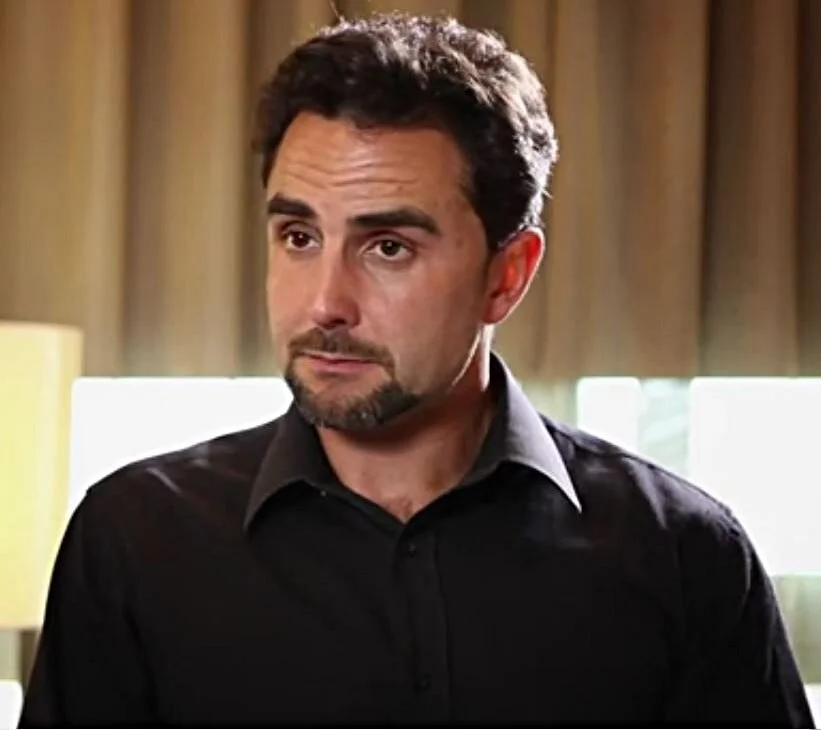Spanish Courts Rejects HSBC Whistleblower's Extradition to Switzerland
Herve Falciani, a computer expert who blew the whistle on the Geneva branch of HSBC hiding massive accounts of foreigners evading taxes in their countries, setting off worldwide probes, will not be extradited to Switzerland, a Spanish court ruled.
Swiss authorities want him to serve a five-year sentence for breaching the country’s notorious banking secrecy laws that let tax cheats hide their money in banks, for which no bankers have been prosecuted.
It was the second time Spain’s National Court said he couldn’t be returned as Switzerland is going after him for political reasons, he told the Associated Press. He leaked the information of 100,000 records involving more than $100 million 10 years ago, in 2008 and was convicted in absentia.
A three-judge panel noted the court already ruled on the extradition request in 2013 and that the charge of which he was convicted,”aggravated economic espionage” is not a crime in Spain.
The judges also said Falciani didn’t reveal any secrets because he only shared them with authorities who initiated investigations in dozens of countries, including in Spain. In 2010, then- French Finance Minister Christine Lagarde used a copy to give to Greek authorities, showing almost 2,000 people hiding more than $1.5 billion in the bank to avoid paying taxes.
Falciani, 46, was first arrested in Spain in 2012. He spent 170 days in prison before being released but was re-arrested in Madrid in April as Swiss authorities kept going after him. He said he believed he was arrested the first time by a Conservative government as a “bargaining chip” to get Switzerland to return pro-independence Catalan politicians in that country.
Falciani argued being free let him work with anti-corruption prosecutors in Spain and other countries, helping France recover millions of euros in fines and Belgian authorities open an extensive investigation into the diamond market.
Talking to reporters after a hearing before the ruling, he said shielding whistleblowers from prosecution should be part of a country’s effort to protect the economy because “information ensures consequences for tax-related crimes.”
He said European nations, including Spain, should learn from Britain and the United States which are more aggressive in going after wrongdoing and protecting people who reveal it.
“We should look up to these countries because they protect better the rights of those who report crimes overseas,” he said.

